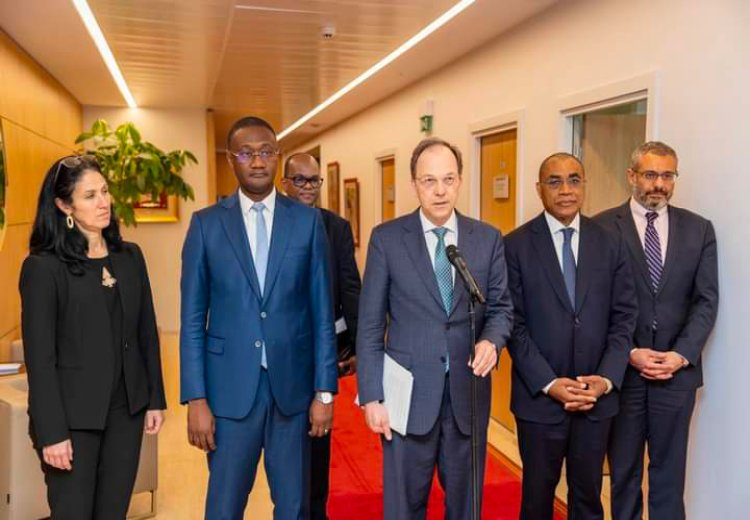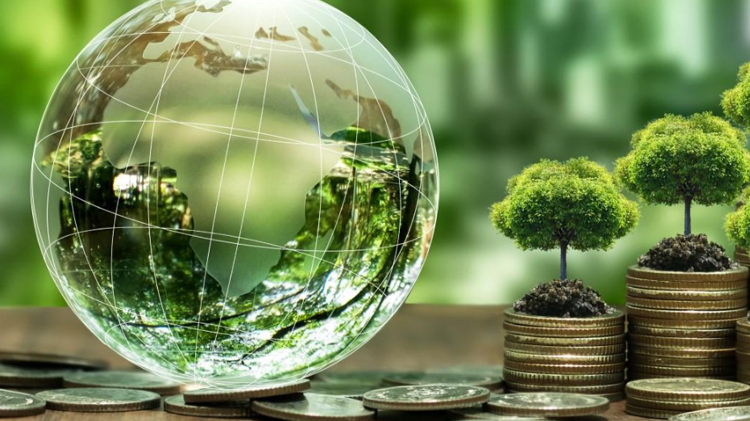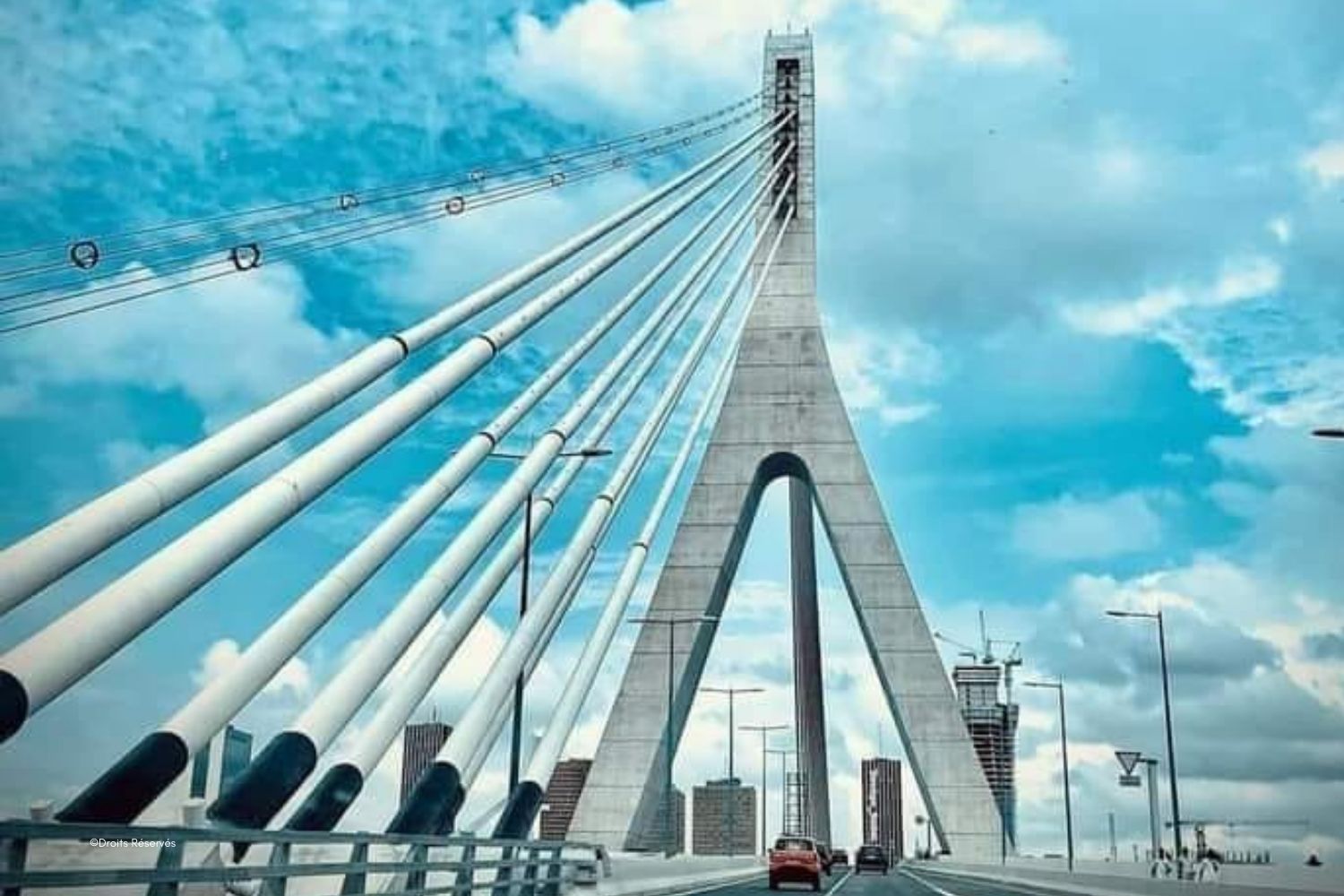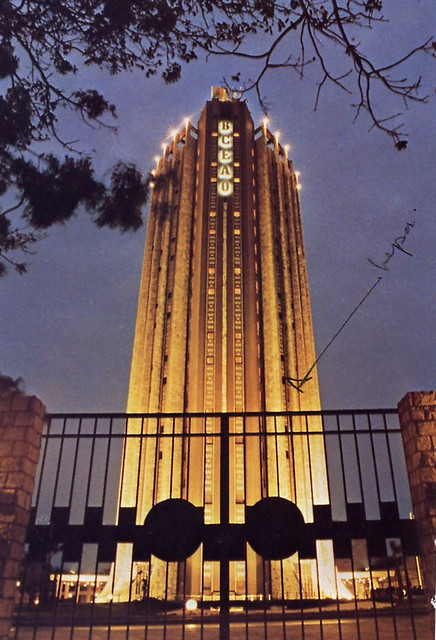Ivory Coast: Towards Sustainable Economic Transformation with the Support of the IMF
A mission from the International Monetary Fund (IMF), led by Mr. Olaf Unteroberdoerster, recently completed a series of discussions with Ivorian authorities, spanning from September 23 to October 9, 2024. The purpose of these exchanges was to assess the progress of economic programs supported by the Extended Fund Facility (EFF) and the Extended Credit Facility (ECF), as well as the climate reforms financed by the Resilience and Sustainability Facility (RSF). These arrangements represent a total financial support of nearly $4.8 billion, aimed at consolidating the country's macroeconomic stability while promoting ambitious structural reforms.
The results achieved so far are considered satisfactory, particularly in the area of domestic revenue mobilization, a crucial condition for reaching the goal of reducing the budget deficit to 3% of GDP by 2025. Although economic growth experienced a slight slowdown in 2024, reaching 6.1%, the IMF remains optimistic about medium-term prospects. A recovery is expected, with an average projected growth of 6.7% between 2025 and 2029, primarily supported by the strategic sectors of cocoa, hydrocarbons, and mining.
The discussions also focused on the efforts made by Côte d'Ivoire to strengthen climate governance, reduce greenhouse gas emissions, and attract green financing. These initiatives are part of a broader strategy aimed at positioning the country as a key player in the fight against climate change on the African continent, relying on increased support from private investors and international partners.
Furthermore, the gradual integration of the informal economy into the formal economic framework was highlighted as a strategic priority. This transformation is essential not only for increasing tax revenues but also for promoting more inclusive growth, reducing socioeconomic inequalities, and expanding access to public services.
The completion of the reviews of ongoing programs, a prerequisite for the approval of the next funding tranches, is expected to unlock approximately $825 million, including $497 million under the EFF/ECF agreements and $328 million through the RSF. These additional funds will be crucial for accelerating the implementation of agreed reforms and strengthening the trajectory of transformation of the Ivorian economy.
In conclusion, Côte d'Ivoire is resolutely pursuing its economic transformation journey, supported by structural and climate reforms, and a firm commitment to budgetary resilience. With its positioning as the economic engine of West Africa, the country is engaged in a dynamic of sustainable, inclusive growth that is firmly oriented towards the future.
Source: Press release No. 24/364 from the IMF, Web Portal Editorial MEPD




